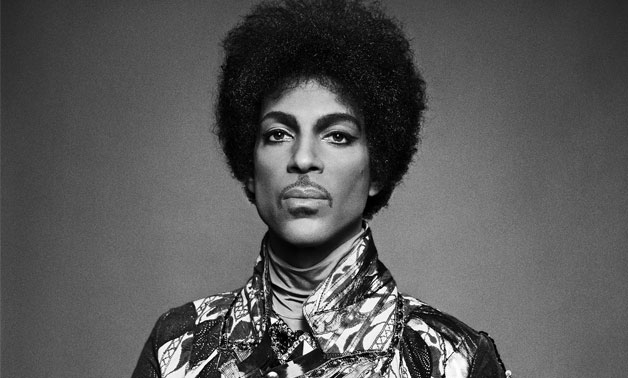
Prince Rogers Nelson may be the most misunderstood musician of the latter half of the twentieth century. Conservative listeners thought of him as some perverted cousin of Michael Jackson, the dark side of pop. This couldn’t be further from the truth. Prince transcended pop, entrancing the masses while shaking the ground they dance upon. Prince was a man of unimpeachable talent, and a brazen challenger of establishment views on sexuality, race, and music itself.
Prince’s career took off after his sophomore effort, Prince, in 1979. This album went platinum with the assistance of singles “I Wanna Be Your Lover” and “Why Ya Wanna Treat Me So Bad”. The album blends pulsating funk instrumentals with Prince’s famous sex appeal. The production is tight and the sound is developed, but this album was merely an origin for Prince’s herculean body of work.
Dirty Mind, released in 1980, bears a strong resemblance to Prince’s self-titled album, but it’s stripped production makes it feel bouncier and apt for an 80’s block party. Although Prince’s overt sexuality had already made him controversial, “Sister” off of Dirty Mind made him the pariah of the conservative establishment. “Sister” graphically describes a sexual encounter between Prince and someone he refers to as his “sister”. The reaction was an outcry from conservatives who believed the song advocated incest. This song was frequently cited in a 1985 effort by the Parents Music Resource Center to label music with satanic and sexual themes. Prince never responded to the criticism, and he certainly never specified what “Sister” meant.
The eighties might be referred to as Prince’s most prolific period of artistry. 1999, Purple Rain, and Sign O’ The Times, which are considered by many to be Prince’s finest works, were all released in the eighties. Musically these albums are difficult, if not possible to categorize. Polyrhythms were a consistent motif throughout these albums along with dreamy synthesizers. Prince was also a guitar virtuoso whose fiery tone was descriptive of 80’s rock in general. What is most impressive about his music, particularly during the eighties, is the way that he seems to use the history of music as an instrument itself. In the course of one song one can hear doo-wop, funk, and prog-rock blended together. By the end of the eighties he was on top of the music world, and he never stopped.
Calling Prince a great musician is like calling a volcano a great oven, because he wasn’t a musician. He was a force of nature, he was the gate that every musician had to pass through after 1987. Many people, including QuestLove of the Roots, have said it’s impossible to imagine hip hop without Prince. Miles Davis said that Prince had within him James Brown, Jimi Hendrix, and Marvin Gaye. Coming from Miles, one of the godfathers of jazz, and one of the greatest musicians of all time, that is high praise. And Davis was right, Prince grew up listening to the birth of funk. He summoned the musical prowess of James Brown, the social consciousness and absurdity of Sly Stone, and the emotion of Marvin Gaye.
He was defiant of all labels, including gender. His androgynous musing in songs like “If I Was Your Girlfriend” and his fusion of male and female to create the love symbol. He was a dedicated songwriter, and a defender of the rights of musicians.

His unmasked sexuality was powerful in an era in American history where abstinence only education was still being taught at most public schools. He was praised for having the uncanny ability to “objectify and empower” women simultaneously. He used his music to comment on his environment and took no prisoners.
So today the world is a little less purple, and a lot less soulful. Prince died at the not so old age of 57 in his native Minnesota. It’s strange for me living in a world without Prince. He and David Bowie, who passed away in January, are both so important in my musical perspective that it feels that my foundation is disintegrating. When a legend dies, while it’s true that their legacy lives on, but it’s depressing that their contributions have ceased. Who takes the reins when a titanic figure such as Prince passes? I have hope for the future of music, but we will never have another Purple Rain or Sign O’ The Times.
Prince taught us all many lessons but I think this may be the most important: “Despite everything, no one can dictate who you are to other people.”
By Charles Hindman
